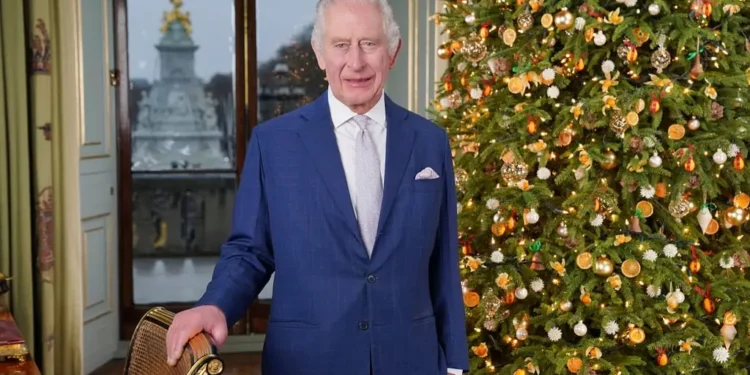In a Christmas Speech that seems increasingly disconnected from public opinion, King Charles III has praised counter-protesters who took to the streets following the tragic Southport stabbings, while dismissing legitimate public concerns as mere “far-right” agitation.
The monarch’s comments come at a time when 69% of the British public express dissatisfaction with the government’s handling of immigration, highlighting a growing divide between the establishment’s rhetoric and citizen concerns. Recent polling shows that immigration and crime rank among the top concerns for nearly 60% of British adults, yet these legitimate worries are often hastily labeled as “far-right” by those in power.
The Palace’s characterisation of recent protests as “aggression and criminality from a few” appears to minimize the widespread public anxiety over immigration policy. While violence can never be condoned, the quick dismissal of protesters as “far-right activists” has become a convenient way to sidestep genuine debate about immigration controls.
The tragedy in Southport, where three young girls lost their lives during what should have been a joyous Taylor Swift-themed dance event, has become a flashpoint for these tensions. The initial handling of information about the suspect and subsequent attempts to control the narrative have left many questioning the transparency of authorities.
The establishment’s response – focusing on countering “misinformation” rather than addressing the underlying concerns about immigration policy, exemplifies what many see as a pattern of deflection. When only 9% of the public express satisfaction with current immigration policies, dismissing critics as “far-right” appears increasingly like a strategy to avoid meaningful dialogue.
While the King speaks of “shared values of mutual respect and understanding,” many Britons feel their views on immigration control are neither respected nor understood by those in power. The deployment of thousands of police officers to counter protests, rather than addressing the root causes of public discontent, suggests a preference for managing symptoms rather than treating causes.
The heartbreaking statement from Bebe King’s family, expressing gratitude for community support, reminds us that at the center of this political maelstrom are real families dealing with unimaginable loss. Their dignity in grief stands in stark contrast to the political maneuvering surrounding the tragedy.
As the nation moves forward, the question remains whether leadership and UK establishment will begin to acknowledge the legitimate concerns of citizens regarding immigration policy, or continue to dismiss them under the broad brush of “far-right” extremism. The growing disconnect between public opinion and official responses suggests that until this gap is bridged, social tensions are likely to persist.

































